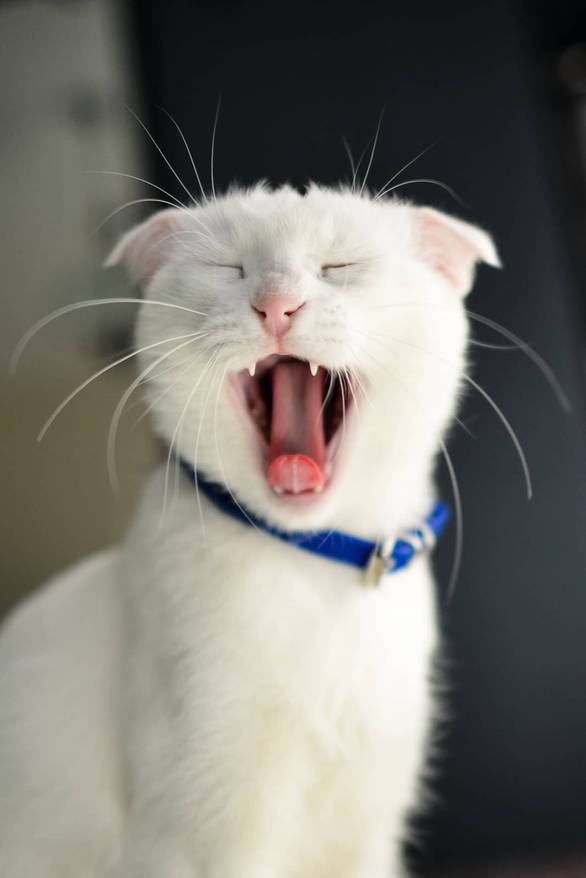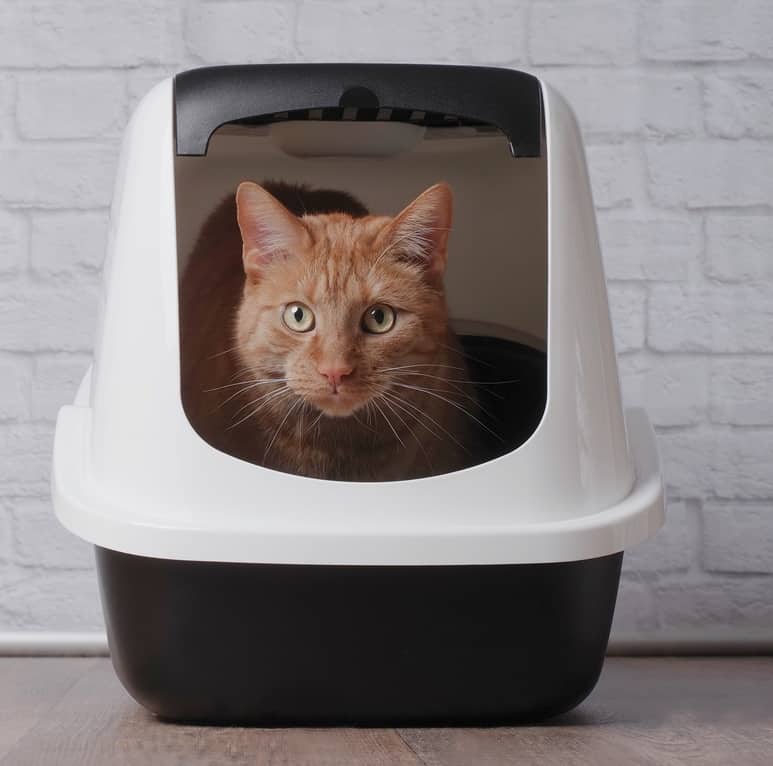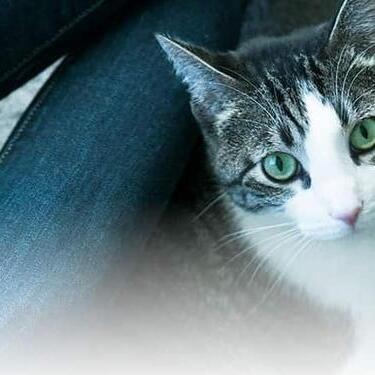
-
Find the right food for your pet
Take this quiz to see which food may be the best for your furry friend.
Find the right food for your pet
Take this quiz to see which food may be the best for your furry friend.
Featured products
 Small & Mini Savory Stew with Chicken & Vegetables Dog Food
Small & Mini Savory Stew with Chicken & Vegetables Dog FoodA delicious complement to the nutrition of Science Diet Small & Mini 7+ dog food
Shop Now Adult Healthy Cuisine Roasted Chicken, Carrots & Spinach Stew Dog Food
Adult Healthy Cuisine Roasted Chicken, Carrots & Spinach Stew Dog FoodDelicious roasted chicken paired with tender vegetables in a succulent stew
Shop Now Adult 7+ Perfect Digestion Chicken, Whole Oats & Brown Rice Recipe Dog Food
Adult 7+ Perfect Digestion Chicken, Whole Oats & Brown Rice Recipe Dog FoodScience Diet's breakthrough nutrition supports ultimate digestive well-being & healthy microbiome for dogs age 7+
Shop NowFeatured products
 Adult Savory Entrée Can Variety Pack Cat Food
Adult Savory Entrée Can Variety Pack Cat FoodPrecisely balanced nutrition with the delicious taste of savory minced chicken to help fuel the energy needs of cats during the prime of their life
Shop Now Adult 7+ Senior Vitality Chicken & Vegetable Stew Cat Food
Adult 7+ Senior Vitality Chicken & Vegetable Stew Cat FoodImproves Everyday Ability to Get Up & Go
Shop Now Adult 7+ Tender Tuna Dinner Cat Food
Adult 7+ Tender Tuna Dinner Cat FoodWith delicious chunks in a decadent gravy
Shop Now -
Dog
- Dog Tips & Articles
-
Health Category
- Weight
- Food & Environmental Sensitivities
- Urinary
- Digestive
- Joint
- Kidney
-
Life Stage
- Puppy Nutrition
- Adult Nutrition
- Senior Nutrition
Cat
- Cat Tips & Articles
-
Health Category
- Weight
- Skin & Food Sensitivities
- Urinary
- Digestive
- Kidney
-
Life Stage
- Kitten Nutrition
- Adult Nutrition
Featured articles
 Does My Pet Hate Me?
Does My Pet Hate Me?Learn tips for bonding with your pet if you've ever thought, 'My dog doesn't like me, or 'Why do I have a standoffish cat?'
Read More Why Are Dogs and Cats So Cute?
Why Are Dogs and Cats So Cute?If waggy puppy dog tails and furry kitten yawns make you swoon, you're not alone. Why are cats so cute? And, dogs too! Let's find out!
Read More Do Dogs and Cats have Belly Buttons?
Do Dogs and Cats have Belly Buttons?Learn whether cats & dogs have belly buttons like humans, what the function is, and if there are any health concerns associated with it.
Read More -


Digestive problems in cats are relatively common and many pet parents think they are normal. But if your cat vomits regularly or has loose stool, then there is something going on under the hood. It might be time to change their food or environment, and it's definitely time to talk to your veterinarian. Here are some tips for solving the most common cat digestive problems.

1. Intestinal Worms
Internal parasites are a common problem in cats — even indoor cats. The most challenging aspect of diagnosing and treating them is that a cat could be infested and never show any signs. The most common intestinal parasites in cats include hookworms, roundworms and tapeworms.
The signs of an intestinal parasite invading the cat digestive system can include:
- Vomiting
- Diarrhea
- Worms in fecal matter or vomit
- Weight loss
- Pot belly
Intestinal worms in cats are not only gross but some can be contagious to humans, which is why it is important to have your cat's poop tested by your vet once or twice a year. Follow all deworming instructions from your vet if your kitty tests positive.
2. Constipation
Constipation is another common woe for the cat digestive system. Constipation can be caused by dehydration, pain, motility (muscle movement) problems in the colon or a rare condition called megacolon stemming from cats that "hold it" for too long or by chronic constipation or obstipation.
Recurring constipation, however, is no laughing matter. Your vet's solutions might include increasing your pet's water intake by supplementing a dry food with canned food, recommending more exercise or getting her to safely lose weight. Your vet might also recommend switching to a cat food that is formulated to help cats with digestive problems. If your cat is ever crouching miserably in the litter box to no avail, get them evaluated by a vet as soon as possible.
3. Hairballs
Hairballs are extremely common, but that doesn't mean your cat has to live with them. Hairballs are formed when a cat swallows loose hair while grooming. This hair normally passes through the cat’s digestive tract and is excreted when your cat has a bowel movement in the litter box. If that hair remains in the stomach, it can bunch together forming a hairball. If your cat vomits up the occasional hairball (no more than once a month is considered normal), then you don't necessarily need to call your vet.
For cats who need a food change to control hairballs, Hill's offers a wide variety of hairball control cat foods that can help. It has fiber levels specifically designed to help reduce hairball formation in the stomach, and it is calorie controlled, which is excellent since in my clinical experience most indoor cats struggle with excessive weight. If the hairball problem continues, consider having your cat professionally groomed (ask for a lion cut) or see your vet.


Tasty Tips

4. Inflammatory Bowel Disease and Chronic Enteropathy
When a cat has problems such as vomiting, diarrhea and loss of appetite for 3 or more weeks, they may have a chronic enteropathy. This term covers a number of different conditions including Inflammatory bowel disease (IBD). The exact cause of IBD is not known, but it is thought to to occur due a combination of a genetic predisposition and abnormalities in the communication between the immune system, the environment and the gut microbiome.
IBD can be a frustrating disease for your veterinarian to diagnose because it can mimic other gastrointestinal disorders and bloodwork and ultrasounds may not give a clear answer. Biopsy of the intestine is currently the best method to confirm the diagnosis. Management for cats with IBD generally includes steroids and a therapeutic food recommended by your veterinarian. If you cat has been diagnosed with IBD, it is important to carefully follow all of your veterinarian’s instructions to help your cat feel better.
5. Food Allergies
True food allergies are relatively rare in cats. When they occur, your cat may experience gastrointestinal signs (vomiting, diarrhea or gas), skin signs (itchy skin, red patches and hair loss), or both. The most common food allergies in cats include beef, dairy and fish, explains Tufts Cummings Veterinary Medical Center.
If your vet suspects that your cat has this condition, they will usually prescribe a 10-12 week food trial with a therapeutic food. During this period, you must ONLY feed your cat the recommended food to rule out ingredients they might be allergic to. If your cat eats anything else during this time, you have to start the food trial over. In a truly allergic patient, gastrointestinal signs should normally resolve in 2-3 weeks, and skin signs resolve in 8-12 weeks.
Don't panic if your cat develops a sudden digestive issue. Your veterinarian can help you identify the cause of the problem and come up with a plan to help your cat feel better.


Dr. Sarah Wooten graduated from UC Davis School of Veterinary Medicine in 2002. A member of the American Society of Veterinary Journalists, Dr. Wooten divides her professional time between small animal practice in Greeley, Colorado, public speaking on associate issues, leadership, and client communication, and writing. She enjoys camping with her family, skiing, SCUBA, and participating in triathlons.
Related products

Precisely balanced nutrition with the delicious taste of savory minced chicken to help fuel the energy needs of cats during the prime of their life

Supports energy level and beautiful fur in mature cats

With delicious chunks in a decadent gravy

Improves Everyday Ability to Get Up & Go
Related articles

Discover how to identify cat sensitive skin and what you can do to help your cat thrive from head to paw.

Brushing your cat's teeth is just as important as brushing your own. Learn signs or oral health problems in your cat and how to avoid them.

Discover which cat toys games your feline friend might like, and how they are great sources of exercise. Explore our library of articles to learn more.

Discover the benefits of Hill's line of kitten foods and how they provide complete and balance nutrition for growing kittens.

Put your cat on a diet without them knowing
Our low calorie formula helps you control your cat's weight. It's packed with high-quality protein for building lean muscles, and made with purposeful ingredients for a flavorful, nutritious meal. Clinically proven antioxidants, Vitamin C+E, help promote a healthy immune system.
Put your cat on a diet without them knowing
Our low calorie formula helps you control your cat's weight. It's packed with high-quality protein for building lean muscles, and made with purposeful ingredients for a flavorful, nutritious meal. Clinically proven antioxidants, Vitamin C+E, help promote a healthy immune system.

